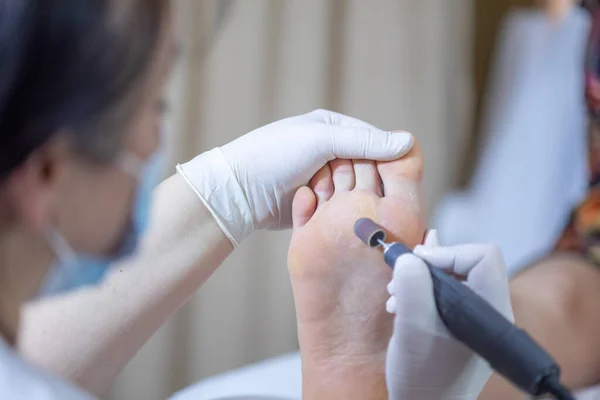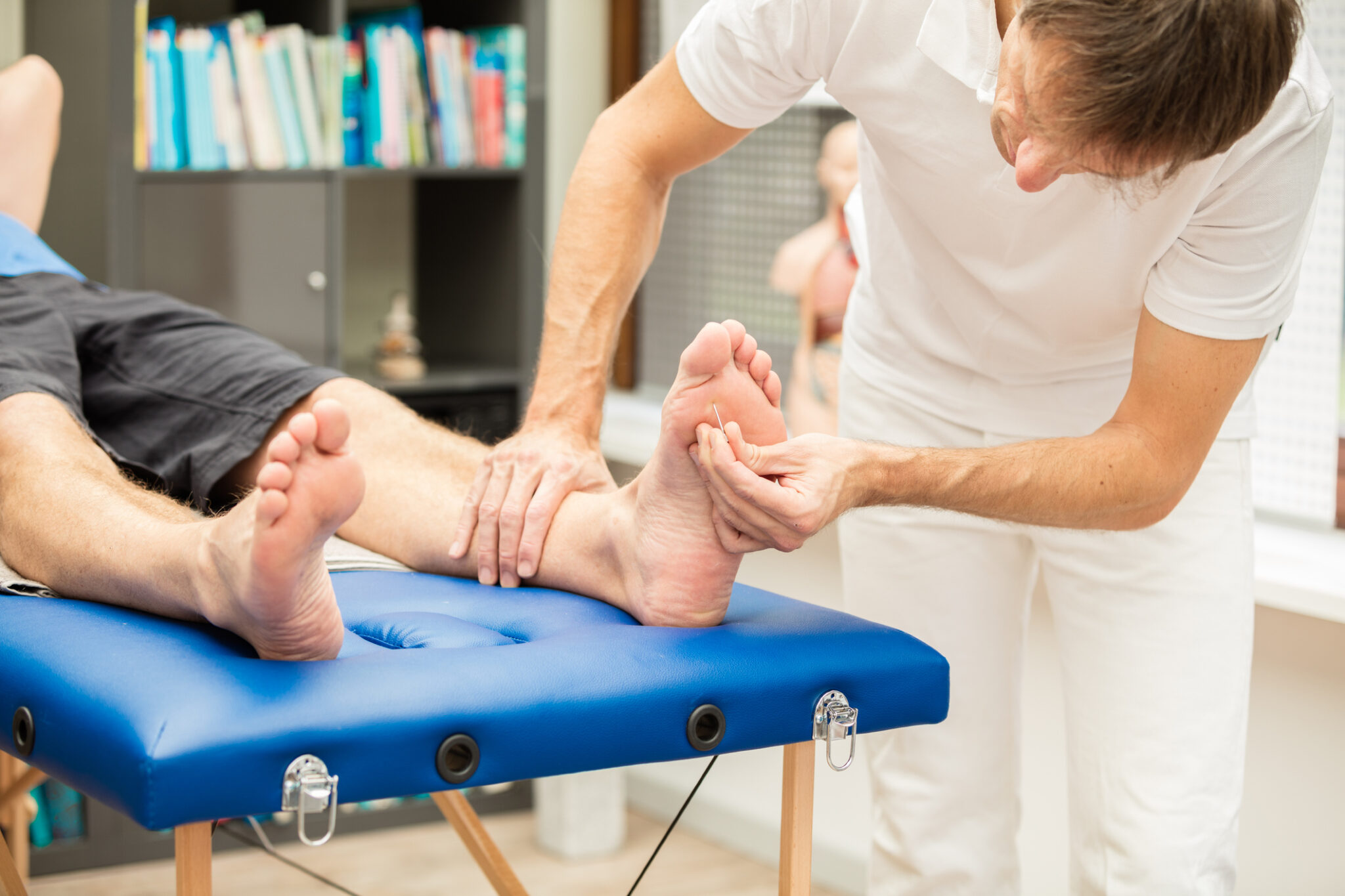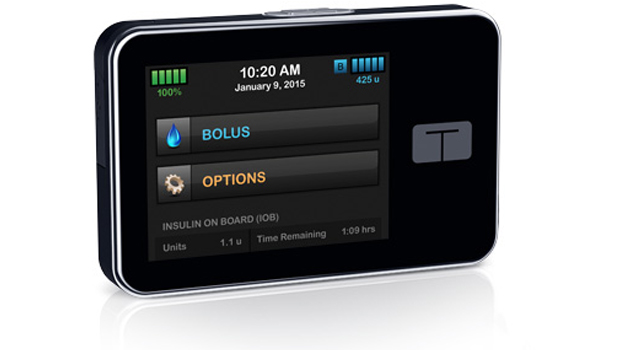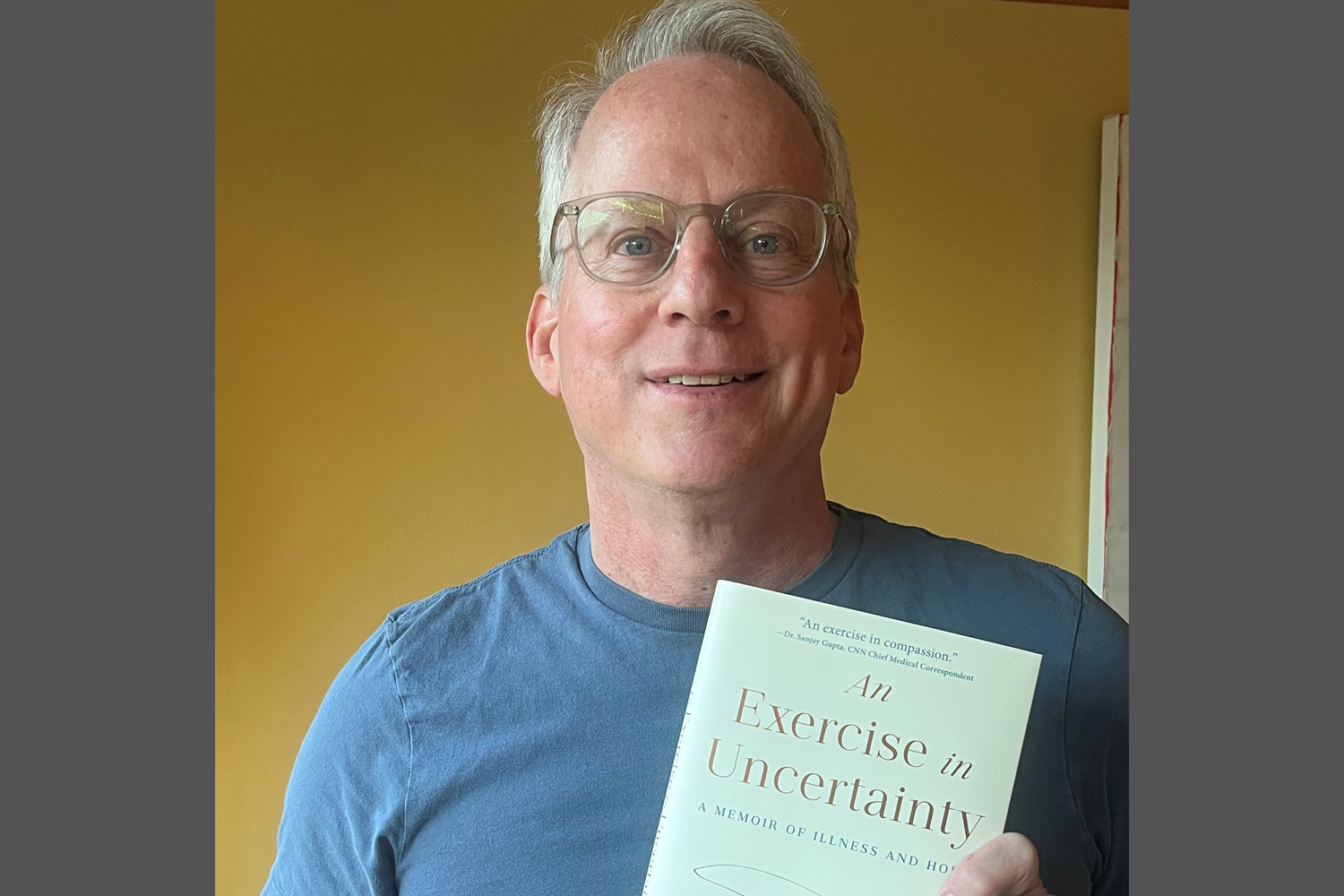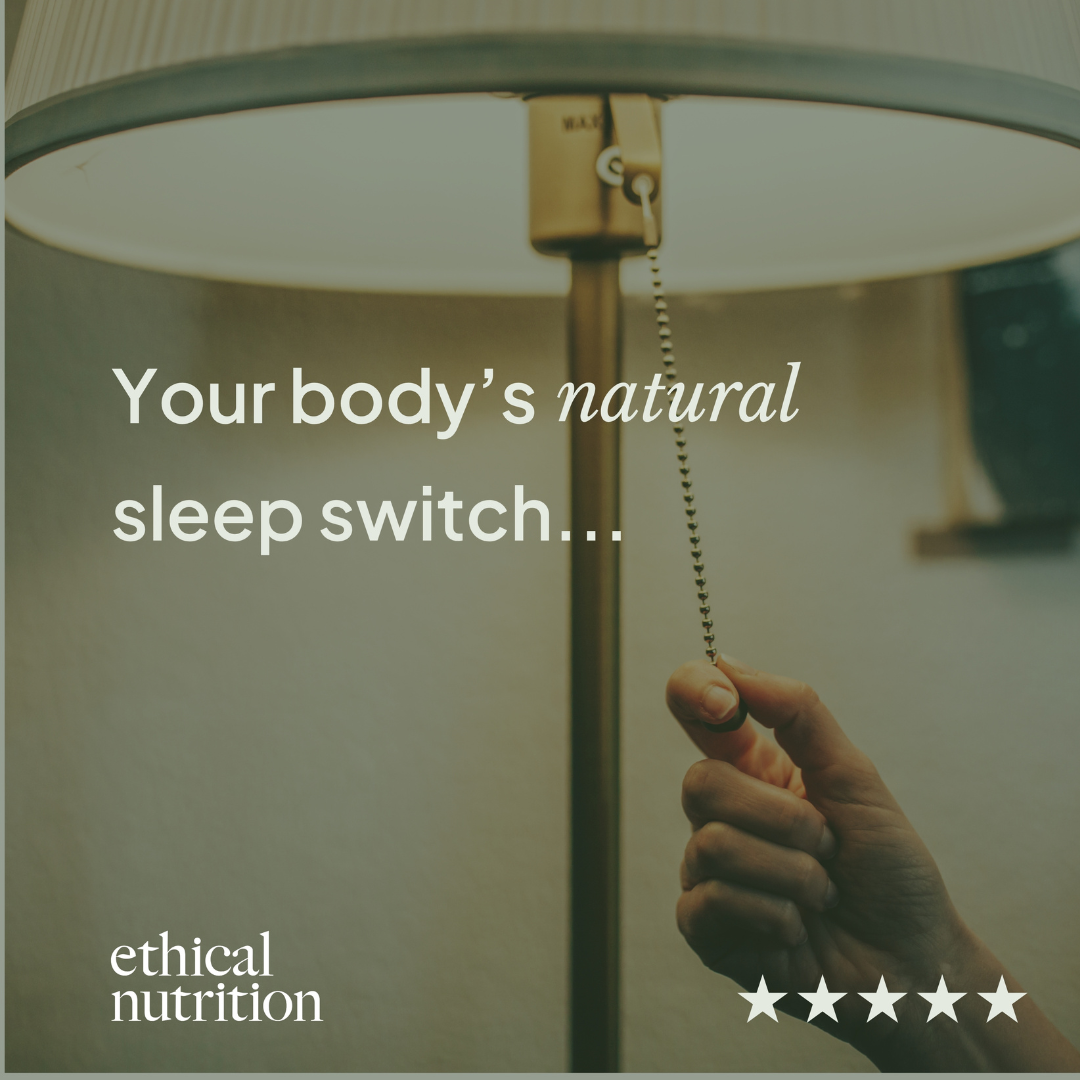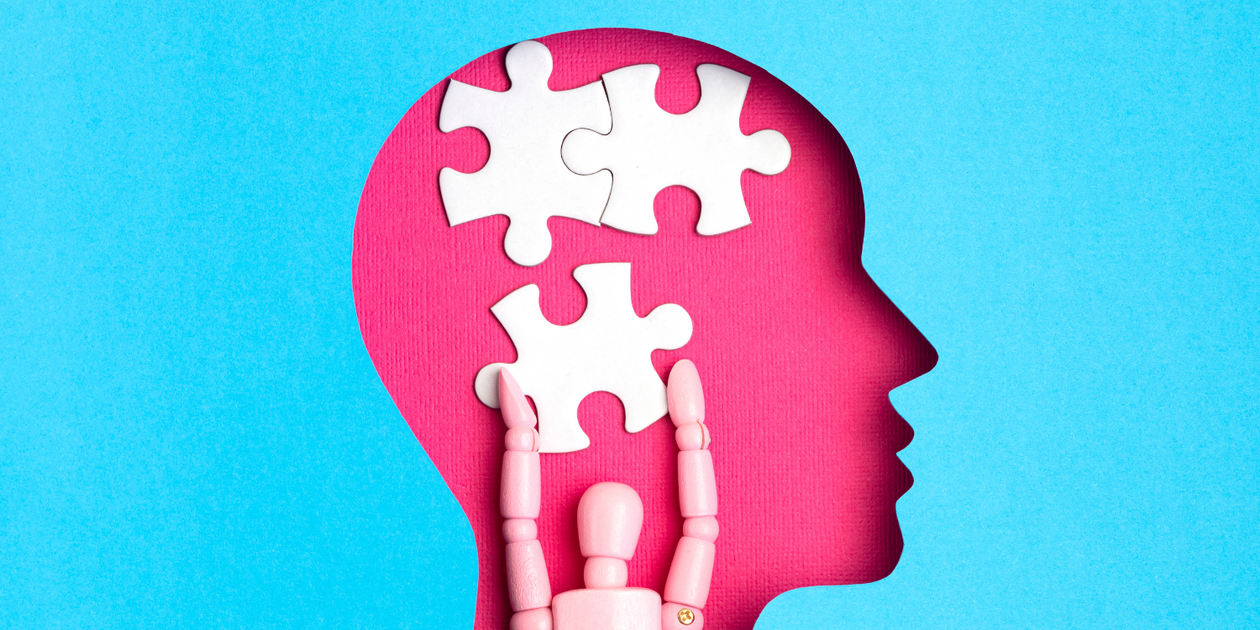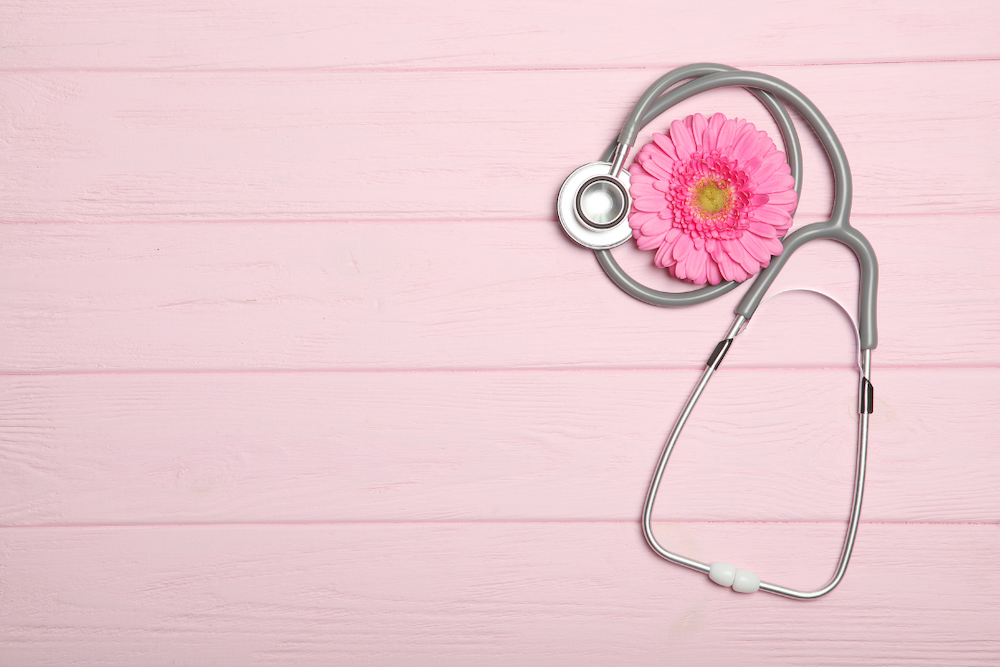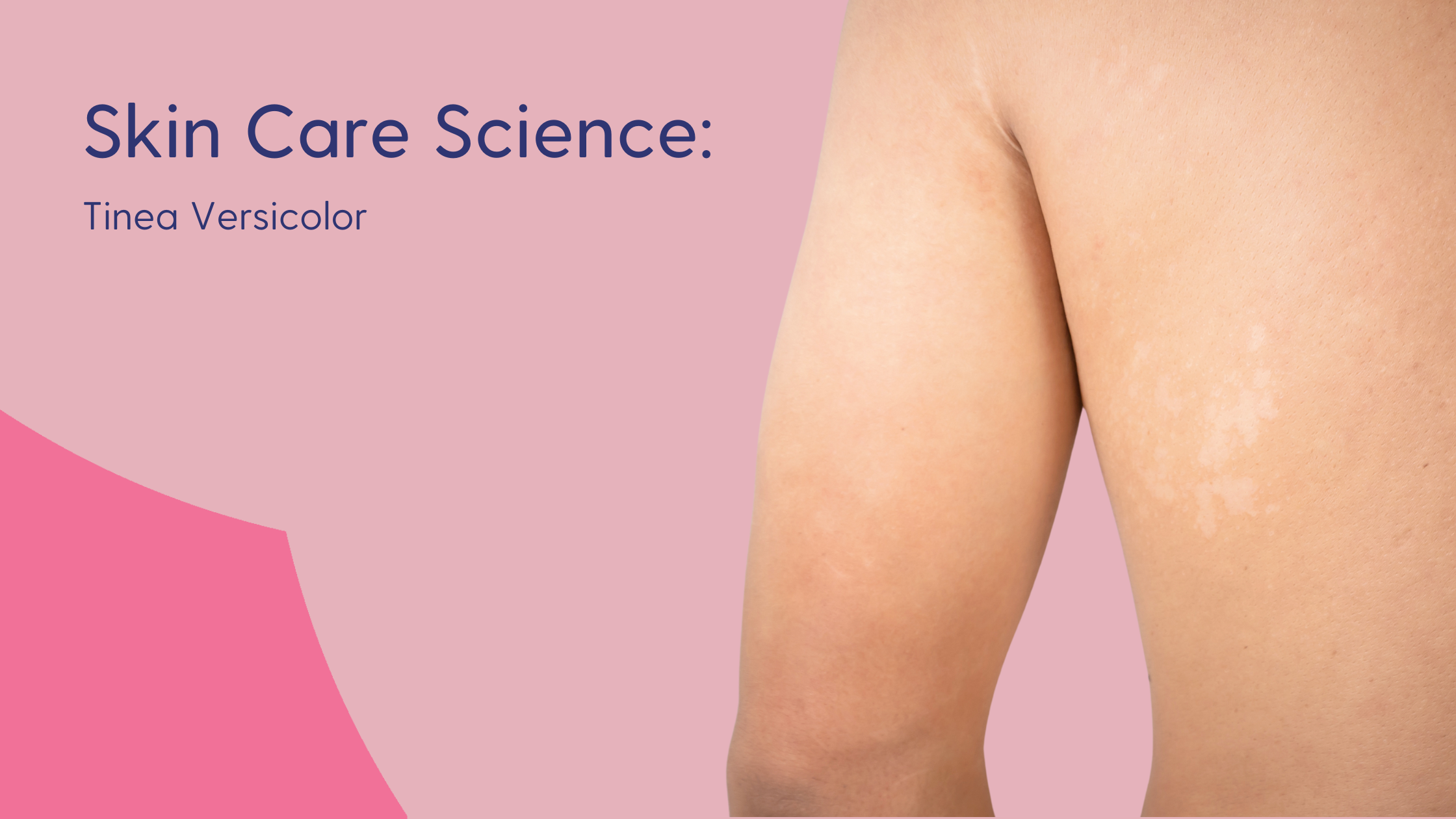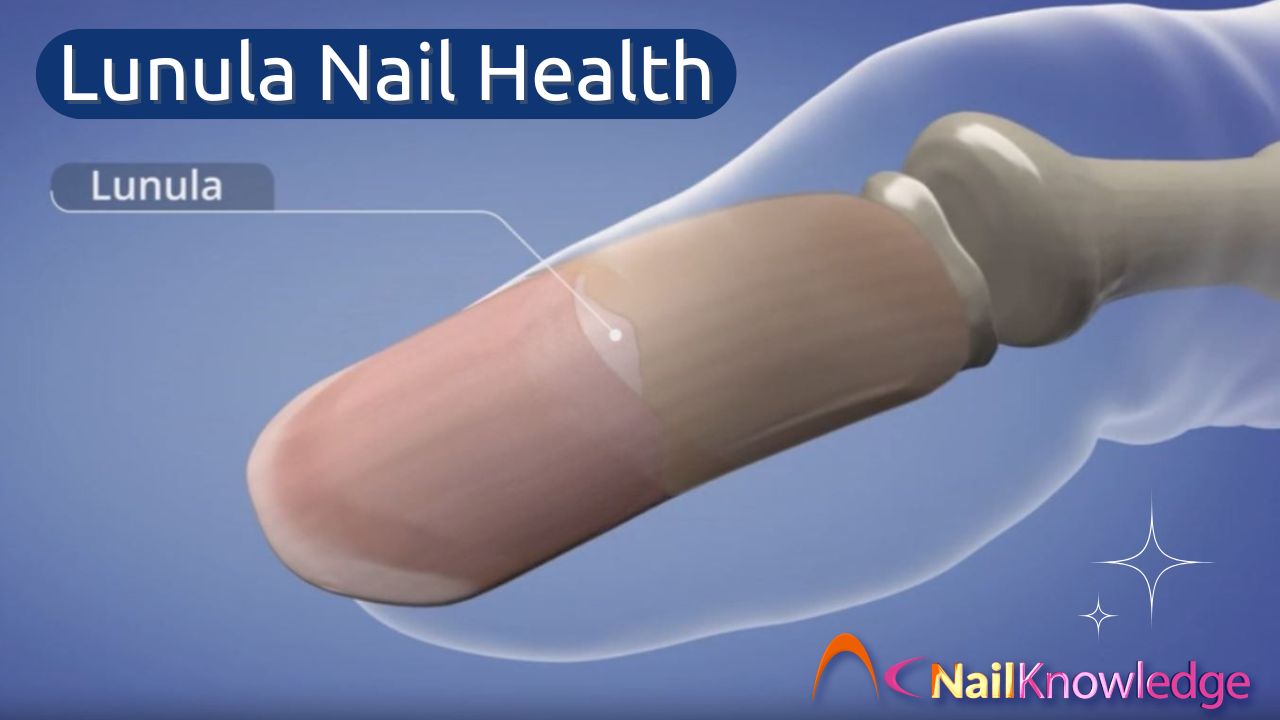Why 8 Hours of Sleep Might Not Be Enough: Understanding Sleep Quality vs. Sleep Quantity

Introduction
Many of us aim for that golden eight hours of sleep each night, believing that hitting this number automatically guarantees a refreshed morning. The common thought is, "I slept 8 hours, so I'm good." But if you’ve ever woken up feeling groggy, unfocused, or simply unrefreshed despite logging ample hours in bed, you know this isn't always true.
The quality of your sleep is as important as the amount. It's about what happens during bedtime, not just the duration spent in bed. You might be missing out on crucial stages of sleep that are vital for your body and mind to truly recover and recharge.
This article will explore what’s truly happening inside those "eight hours" of sleep and why you might still feel tired, unfocused, or unrefreshed. Our goal is to help you identify the common signs of poor-quality sleep and equip you with practical strategies to support deeper, more restorative rest, leading to better days and a healthier you.
What Happens During a Healthy Night of Sleep
Sleep isn't a single, continuous state of unconsciousness. Instead, it's a dynamic process involving several distinct stages, cycling through them multiple times throughout the night. This journey through the sleep cycle is crucial for various physical and mental restorative processes.
A typical sleep cycle lasts about 90 minutes and consists of two main types of sleep: Non-Rapid Eye Movement (NREM) sleep and Rapid Eye Movement (REM) sleep.
NREM Sleep (Stages 1-3): This is where your body does its heavy lifting for physical repair.
-
Stage 1 (Light Sleep): The transition from wakefulness to sleep.
-
Stage 2 (Deeper Sleep): Your heart rate and breathing slow.
-
Stage 3 (Deep Sleep or Slow-Wave Sleep): This is the most physically restorative stage. Here, your body repairs tissues, builds bone and muscle, and strengthens your immune system. Growth hormone is also released, which is vital for cellular regeneration. Without enough deep sleep, your body misses critical opportunities for physical recovery.
REM Sleep: This stage is characterized by rapid eye movements, increased brain activity, and vivid dreaming. REM sleep is incredibly important for:
-
Memory Consolidation: Your brain processes and stores information, turning short-term memories into long-term ones.
-
Mood Regulation: REM sleep plays a role in processing emotions and regulating mood.
-
Cognitive Function: It's essential for learning, problem-solving, and overall mental sharpness.
Ideally, a healthy night of sleep involves enough time spent in both deep NREM and REM stages. When sleep is fragmented (interrupted frequently) or unbalanced (lacking sufficient time in certain stages), these vital repair and consolidation processes are disrupted. This can leave you feeling tired and less than your best, even if you spent the "right" number of hours in bed.
Signs You’re Not Getting Quality Sleep
If you're hitting that 7–9-hour mark but still feel like a zombie, your body is likely telling you something important about your sleep quality. Here are common signs that you might not be getting the restorative rest you need:
-
You Wake Up Groggy, Even After 7–9 Hours: If you consistently feel like you need more sleep immediately upon waking, or if hitting the snooze button is a daily battle, your sleep probably isn't reaching the deeper, more restorative stages.
-
Brain Fog, Poor Memory, or Irritability: Lack of quality sleep severely impacts cognitive function. You might find it hard to concentrate, struggle to recall information (that "tip of the tongue" feeling), or simply feel mentally sluggish throughout the day. Irritability and a short temper are also common indicators of insufficient restorative sleep.
-
Daytime Fatigue or Reliance on Caffeine: Consistently needing coffee, energy drinks, or sugary snacks to power through the afternoon, it's a strong hint that your nights aren't giving you enough natural energy .
-
Mood Swings: Sleep plays a critical role in emotional regulation. Poor sleep quality can make you more prone to mood swings, heightened stress responses, and increased feelings of anxiety.
-
Weight Gain or Hormone Imbalance: Sleep disruption can throw your hormones out of whack. It can affect ghrelin (the hunger hormone) and leptin (the satiety hormone), leading to increased cravings, especially for unhealthy foods. It also impacts insulin sensitivity, potentially contributing to weight gain and an increased risk of metabolic issues.
-
Reduced Physical Recovery (for active individuals): If you exercise regularly, poor sleep quality can hinder your body's ability to repair muscles and recover from physical exertion. You might feel more sore, less energetic, or notice a dip in your performance.
Tips for Monitoring Your Sleep Quality:
- Use a Sleep Tracker: Wearable devices can offer insights into your sleep cycles.
- Journal How You Feel: Note your energy levels and mental clarity each morning.
- Monitor Recovery: For active people, pay attention to how quickly your body bounces back from workouts.
By recognizing these signs, you can start to understand that your "8 hours" might be more about quantity than the quality your body truly needs.
Common Causes of Poor Sleep Quality
Recognizing signs of poor sleep is the first step; finding the causes comes next. Several factors can disrupt the sleep cycle, stopping you from reaching deep and REM stages:
-
Stress & Cortisol Spikes: Chronic stress leads to high cortisol levels. While cortisol helps you wake up, high levels at night can keep your mind alert and suppress deep and REM sleep.
-
Blue Light at Night: Exposure to blue light from screens (phones, tablets, TVs) before bed disrupts melatonin production, your natural sleep hormone. This makes it harder to fall asleep and affects sleep quality.
-
Blood Sugar Swings: Eating sugary foods or refined carbs too close to bedtime can cause blood sugar spikes and drops that wake you up or lead to restless sleep.
-
Alcohol: While it might help you fall asleep initially, alcohol significantly reduces REM sleep, robbing your brain of crucial memory and emotional processing time .
-
Sleep Apnea or Snoring: These conditions cause frequent breathing pauses or disruptive breathing during sleep. Even if you don't fully wake, these disruptions prevent effective cycling through sleep stages, causing daytime fatigue.
-
Magnesium Deficiency: Magnesium is essential for relaxation and sleep. A deficiency can affect your ability to stay in deep sleep and may contribute to restless leg syndrome.
-
Medications or Supplements that Interfere with Sleep Cycles: Certain medications (like some antidepressants or decongestants) or even some energy-boosting supplements taken too late can disrupt sleep. Always check with your doctor if you suspect this is an issue.
Understanding which of these factors might be at play for you is the first step toward reclaiming restorative sleep.
Lifestyle Tips to Improve Sleep Quality
While identifying the causes is important, implementing positive changes in your daily routine can dramatically improve your sleep quality. These lifestyle adjustments work with your body's natural rhythms to support deeper, more restorative rest.
Stick to a Consistent Sleep-Wake Schedule: This is perhaps one of the most impactful changes you can make. Going to bed and waking up at roughly the same time every day, even on weekends, helps regulate your body's internal clock (circadian rhythm). A consistent schedule trains your body when to feel sleepy and when to be alert.
Create a Wind-Down Routine: Signal to your body that it's time to prepare for sleep. About an hour before bed, start reducing screen time (phones, tablets, TV) as blue light can disrupt melatonin production. Instead, engage in calming activities like reading a physical book, taking a warm bath, listening to quiet music, or practicing gentle stretching or meditation.
Keep Your Room Cool, Dark, and Quiet: Your sleep environment plays a huge role.
-
Cool: Ideal temperature is typically 60-67°F (15-19°C) .
-
Dark: Use blackout curtains or an eye mask.
-
Quiet: Minimize noise with earplugs or a white noise machine.
Don’t Eat Too Close to Bedtime: Aim to finish your last meal at least 2-3 hours before sleep to avoid indigestion or blood sugar swings.
Get Morning Light Exposure: Exposing yourself to natural light first thing in the morning helps reset your circadian rhythm, signaling to your brain that it's daytime and helping to regulate your sleep-wake cycle for the evening.
Address Underlying Conditions: If you suspect conditions like sleep apnea, chronic anxiety, restless legs syndrome, or other health issues are interfering with your sleep, talk to your doctor.
By consistently applying these lifestyle tips, you create an environment and routine that encourages deeper, more restorative sleep, allowing your body and mind to fully recharge.
Supplements That Support Deeper, More Restorative Sleep
While lifestyle changes are foundational, certain supplements can offer additional support for improving sleep quality, especially if you have specific deficiencies or needs. Remember to always consult with a healthcare professional before starting any new supplement regimen.
-
Magnesium: Calms the nervous system by activating GABA receptors and can improve the ability to stay in deep sleep.
-
L-theanine: Promotes relaxation without drowsiness, helping to reduce racing thoughts.
-
Melatonin (low dose): Helps reset your sleep timing, useful for jet lag or shifting schedules.
-
GABA (Gamma-Aminobutyric Acid): Helps calm nervous system activity, reducing racing thoughts and promoting relaxation before sleep.
-
5-HTP (5-Hydroxytryptophan): Supports serotonin production, which in turn is a precursor to melatonin, indirectly aiding sleep.
-
Glycine: Can improve how quickly you fall asleep and enhance overall sleep quality, promoting a more refreshing rest.
Bonus Tip: Look for Gel-Based Delivery
How your body absorbs supplements significantly impacts their effectiveness. Technologies like gel-based delivery (such as those used by HealthyCell's REM Sleep) can notably improve nutrient bioavailability. Gels can bypass some digestive hurdles, allowing more active ingredients to reach your bloodstream and be utilized by your body, making your supplement intake more effective.
Final Thoughts
It's clear that simply counting the hours you spend in bed isn't enough for true rejuvenation. Just because you’re in bed for 8 hours doesn’t mean your body is truly healing, recharging, or restoring itself at a cellular level.
To achieve genuinely restorative sleep, you need to shift your focus from mere quantity to profound quality. This means actively addressing the underlying root causes of sleep disruption – whether it's stress, blue light exposure, dietary choices, or underlying health conditions. Simultaneously, providing targeted support for your brain and body’s complex sleep architecture through smart lifestyle choices and appropriate supplementation can make a world of difference.
Combining consistent healthy habits with targeted, high-quality supplementation can truly transform your nights – leading to more energized, focused, and refreshed days. Invest in your sleep quality, and you invest in your overall health and well-being.
References
- Dattilo, M., & Antunes, H. K. M. (2020). Sleep and Recovery: The Brain's Role in Modulating Performance. Sports Medicine, 50(9), 1599–1619.
- Payne, J. D. (2011). Sleep's role in the consolidation of emotional memory. Neurobiology of Learning and Memory, 96(3), 329–338.
- Walker, M. P. (2017). Why We Sleep: Unlocking the Power of Sleep and Dreams. Scribner.
- Alhola, P., & Polo-Kantola, P. (2007). Sleep deprivation: Impact on cognitive performance. Neuropsychiatric Disease and Treatment, 3(5), 553–567.
- Zuraikat, F. M., et al. (2021). Sleep and Affect: Bidirectional Relations and the Role of Emotion Regulation. Journal of Applied Biobehavioral Research, 26(2), e12247.
- Besedovsky, L., Lange, T., & Born, J. J. (2012). Sleep and immune function. Pflügers Archiv - European Journal of Physiology, 463(1), 121–137.
- Taheri, S., et al. (2004). Short sleep duration is associated with reduced leptin, elevated ghrelin, and increased body mass index. PLoS Medicine, 1(3), e62.
- Hirotsu, Y., et al. (2015). The effects of chronic stress on the sleep-wake cycle: a review. Biological and Pharmaceutical Bulletin, 38(10), 1461–1475.
- Touitou, Y., et al. (2017). The effects of light on the human circadian system: A review. Biological Rhythm Research, 48(2), 85–111.
- Reutrakul, S., & Van Cauter, E. (2016). Interactions between sleep, circadian rhythm, and glucose metabolism: implications for metabolic health. Lancet Diabetes & Endocrinology, 4(6), 520–529.
- Colrain, I. M., et al. (2014). Alcohol and the sleep-wake cycle. Current Topics in Behavioral Neurosciences, 26, 375–395.
- Mokhlesi, B., et al. (2018). Sleep apnea and hypertension: A review of the evidence and proposed mechanisms. Chest, 154(2), 438–453.
- Abbasi, B., et al. (2012). The effect of magnesium supplementation on primary insomnia in elderly: A double-blind placebo-controlled clinical trial. Journal of Research in Medical Sciences, 17(12), 1161–1169.
- Lack, L. C., et al. (2019). The Rationale for and Efficacy of Behavioral and Circadian Interventions for Insomnia. Sleep Medicine Clinics, 14(3), 329–340.
- Okamoto, T., et al. (2012). The effect of ambient temperature on human sleep in the hot environment. Sleep and Biological Rhythms, 10(4), 253–258.
- Abbasi, B., et al. (2012). The effect of magnesium supplementation on primary insomnia in elderly: A double-blind placebo-controlled clinical trial. Journal of Research in Medical Sciences, 17(12), 1161–1169.
- Kim, S., et al. (2019). L-Theanine: A Neurobiological Effects, Clinical Efficacy, and Potential Applications. Molecules, 24(22), 4235.
- Hepsomali, P., et al. (2020). Effects of oral gamma-aminobutyric acid (GABA) administration on stress and sleep in humans: A systematic review. Frontiers in Neuroscience, 14, 923.
- Birdsall, T. C. (1998). 5-Hydroxytryptophan: a clinically effective serotonin precursor. Alternative Medicine Review, 3(4), 271–280.
- Bannai, M., & Kawai, N. (2012). New therapeutic strategy for sleep disorders: Amino acids as sleep-promoting substances. Journal of Pharmacological Sciences, 118(2), 145–150.
What's Your Reaction?
 Like
0
Like
0
 Dislike
0
Dislike
0
 Agree
0
Agree
0
 Disagree
0
Disagree
0
 Excellent
0
Excellent
0
 Useful
0
Useful
0
 Great
0
Great
0





